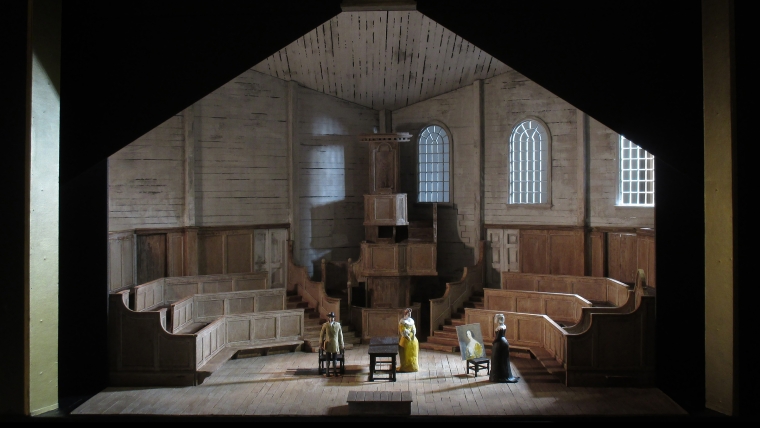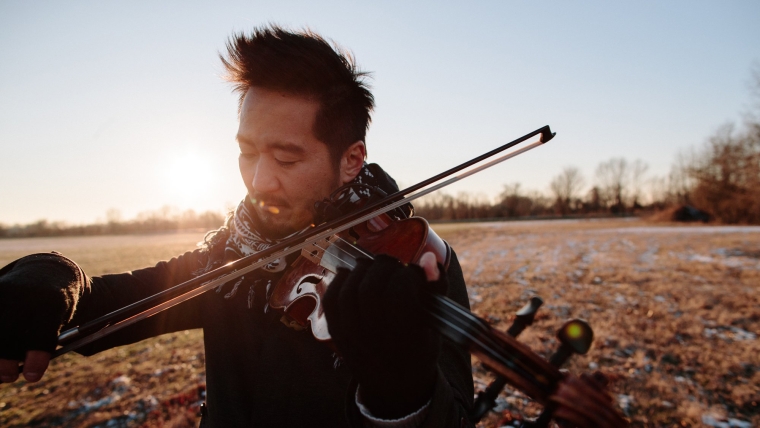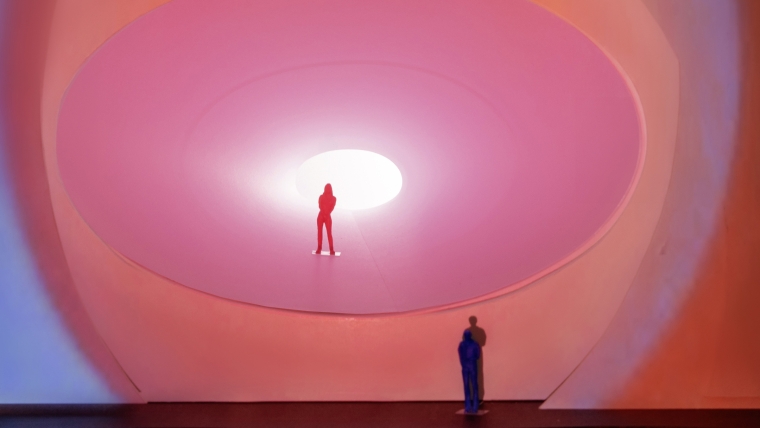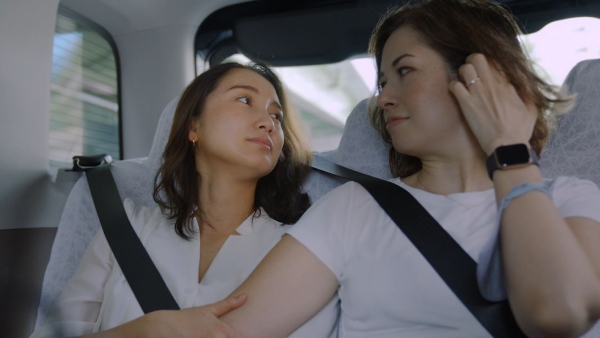
Black Box Diaries
Black Box Diaries
This event occurred as part of the 24/25 Hop Film season. This is an archived view.
Unfolding like a thriller, journalist Shiori Ito's documentary charts her investigation into her own sexual assault and the landmark case against the high-profile offender. Oscar nominee for Best Documentary!
When 28-year-old aspiring journalist Shiori Ito goes public in May 2017 with her rape allegation against Prime Minister Shinzo Abe's closest journalist and biographer, she feels she has no other choice in order to change Japan's antiquated sexual assault laws. Her press conference shocks the public in a society where speaking up on such matters is considered shameful. Within days, Shiori is swept into the center of Japanese politics—the right wing views her as a threat to bring down the Abe government and the left hails her a hero for the same reason. Death threats, cyberbullying and hate mail take Shiori into a downward spiral. When she files a civil case, the accused rages all-out war against her. Determined not to set a bad example for other victims, Shiori pushes forward with her case and resolves to publish a book about her experience.
Unfolding like a thriller and combining secret investigative recordings, vérité shooting and emotional first-person video, Shiori's quest becomes a landmark case in Japan, exposing the country's desperately outdated judicial and societal systems. Her tumultuous, heart wrenching and ultimately triumphant story reveals the personal toll of a society's web of politics, media and technology on the humanity of its individuals. Content Warning: This film contains accounts of sexual violence. We encourage viewers to practice self care and take breaks from the film as needed.
D: Shiori Ito, Japan/US/UK, Japanese with English subtitles, 2024, 1h44m
Academy Award nominee for Best Documentary Feature
Programmed in collaboration with Prof. Alexis Jetter's class on "Women in Journalism" and an official selection of the 2024 Middlebury New Filmmakers Festival.
My name is Shiori Ito, and I am a journalist and filmmaker. In May 2017, I went public about being raped by Noriyuki Yamaguchi, a former Washington Bureau Chief for the Tokyo Broadcasting System known to be the closest journalist to then Prime Minister Shinzo Abe.
In Japan, where speaking of rape remains taboo, only 4% of victims report their cases to police. Victims and those around them may be stigmatized and even ostracized from society. My family was against my actions. The police investigator, who had prepared to arrest Yamaguchi at Narita Airport upon returning from the US before receiving a last-minute call "from above," warned that I was ruining a journalism career just beginning. However, I felt a strong desire for the truth to be known, and to change Japanese society in order to prevent what happened to me from happening to more women.
Our film begins weeks before, the day I began recording video diaries on my iPhone, confessing my fear about what was to come. With only a vague idea of its future use, the material for this film began with a need to protect myself. In the previous year, after my case was suppressed by various levers of power in the Japanese system, I had secretly recorded conversations with the police and others. I became not only the victim but the investigator of my own case.
My coming forward shocked the public. There was a vicious backlash from the ultra-right, with an online campaign of disparaging posts and death threats, as well as everyday Japanese who picked apart my appearance and background. Why was my top blouse button undone at the press conference? This was evidence that I was a slut. A true Japanese would not speak of such shame.
Later, when a historic change in the Japanese rape law was passed, I felt my primary goal was accomplished and that I could return to a normal life. It was too late. I had become a hero, a villain, an icon—but I could not live with myself.
I pushed myself to the limit in shooting this documentary. Upon revisiting the hotel where I was raped, I felt the damage I was doing to myself might be too much. But at the same time, my desire to change society and tell this story kept me alive. Now, four years after winning the civil case, I can with more objectivity watch the scenes of my breaking down, passing moments of joy and normalcy, and absurd comedy in my novice investigator techniques—and to conceive how they can come together to form our film.
A black box is defined as a system whose internal workings are hidden or not readily understood. Japan is a land of black boxes, and I learned what happens in this society when you start opening them. Our film is not about seeking criminal justice against my perpetrator or about politics of the left and right. Rather, it is the story of one woman's experience—my black box, laid open for all to see.
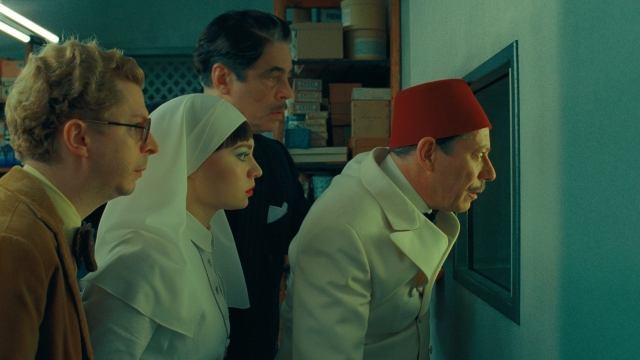
Contact Us
Box Office
Summer Hours:
Tuesday-Friday: 2-5 pm
Open one hour prior to all ticketed events at the venue of the performance.
Visiting Information
Black Family Visual Arts Center
22 Lebanon Street
Hanover, NH
